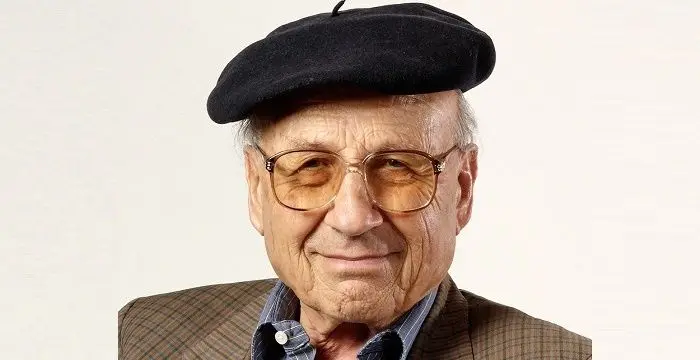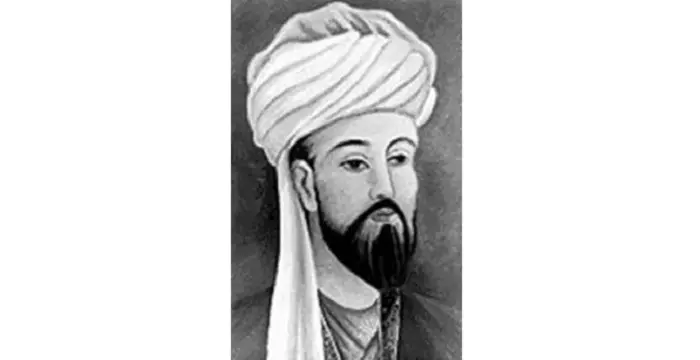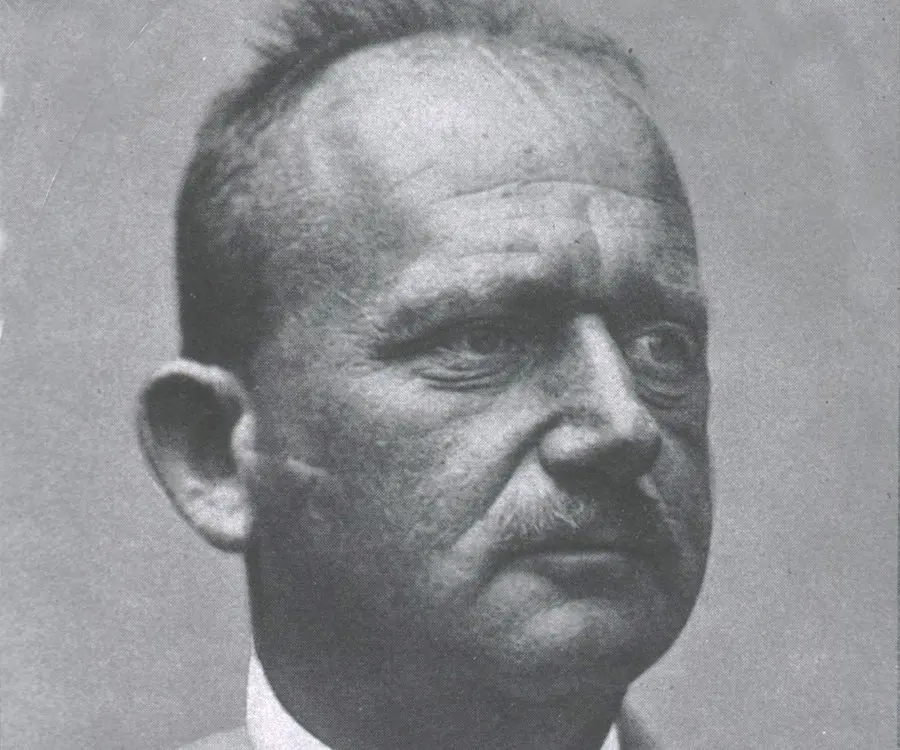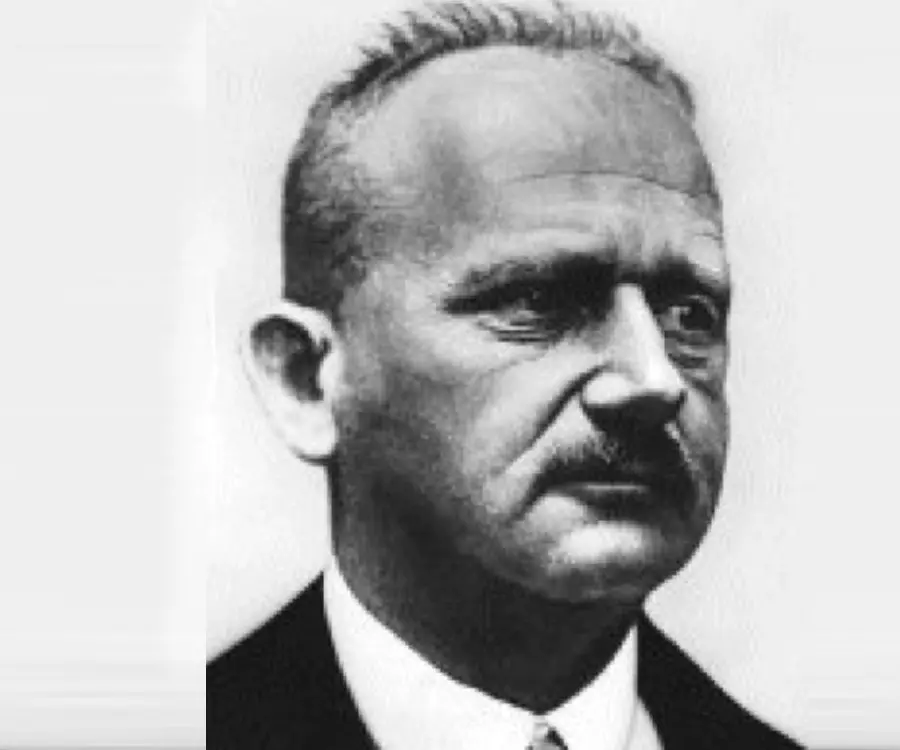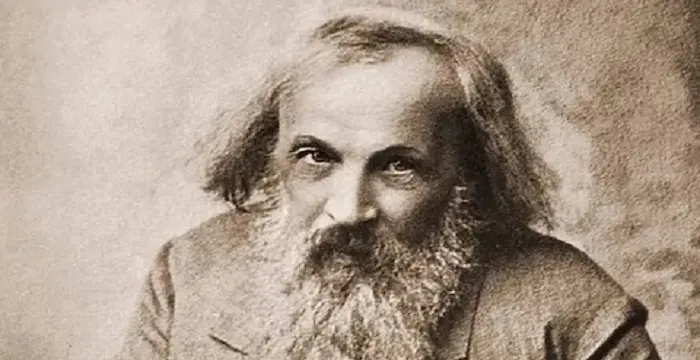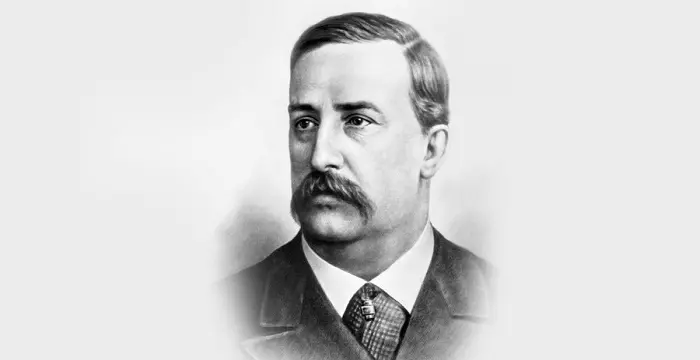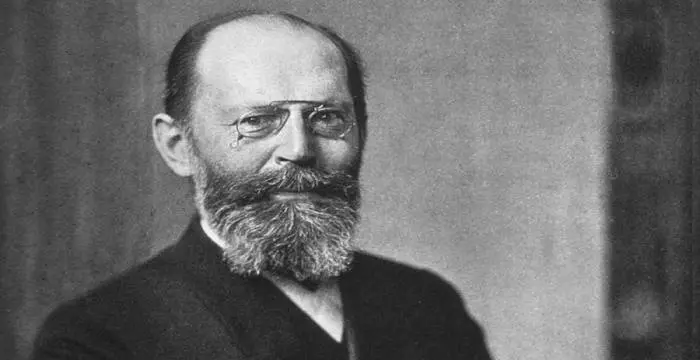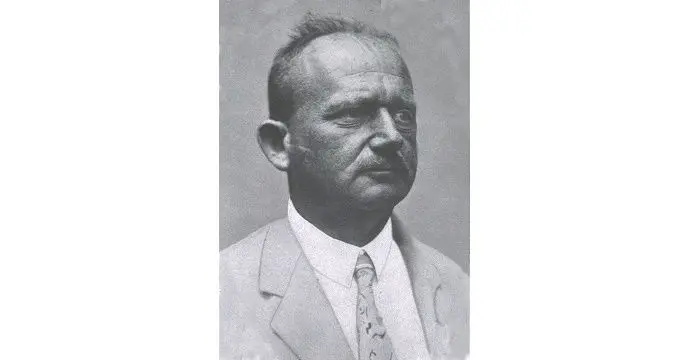
Hans Fischer - Chemists, Career and Childhood
Hans Fischer's Personal Details
Hans Fischer was a famous German organic chemist
| Information | Detail |
|---|---|
| Birthday | July 27, 1881 |
| Died on | March 31, 1945 |
| Nationality | German |
| Famous | Scientists, Chemists, Organic Chemists |
| Spouses | Wiltrud Haufe |
| Universities |
|
| Cause of death |
|
| Birth Place | Höchst on Main, Germany |
| Gender | Male |
| Father | Dr. Eugen Fischer |
| Mother | Anna Herdegen |
| Sun Sign | Leo |
| Born in | Höchst on Main, Germany |
| Famous as | Chemist |
| Died at Age | 63 |
// Famous Chemists
Henry Cavendish
Henry Cavendish was a theoretical chemist and physicist, renowned for discovery of hydrogen and calculation of the mass of earth. To know more about his childhood, profile, timeline and career read on
Walter Kohn
Nobel Laureate Walter Kohn was an Austrian-born American theoretical chemist and physicist. Check out this biography to know about his childhood, life, achievements, works & timeline.
Jabir Ibn Hayyan
Jabir Ibn Hayyan was a medieval era polymath. Check out this biography to know about his life, works and achievements.
Hans Fischer's photo
Who is Hans Fischer?
Hans Fischer was a famous German organic chemist. He was awarded the Nobel Prize in Chemistry for his research in the structure of hemin, the red blood pigment, and chlorophyll, the green pigment in plants. His discovery made possible the artificial synthesis of hemin, ( the crystalline product of haemoglobin that provides the red color of the blood) from simpler organic compounds whose structure was recognized. He also studied the relationship between hemin and chlorophyll. He had worked extensively on the synthesis of chlorophyll. Along with these, Fischer studied carotene and porphyrin which are derivatives of hemin and figured out the structural formulas for both bilirubin that causes the yellow color in jaundice and biliverdin that causes the yellowish color of the bruises. He carried out microanalyses of more than 60,000 substances. Most of his research papers were published in the scientific journals, ‘Liebigs Annalen der Chemie’ and ‘Hoppe-Seylers Zeitschrift für physiologische Chemie’. Apart from being a brilliant chemist, he was also a very efficient administrator of a research institute. Fischer was very popular with his staff and students. Even though he suffered from serious surgical tuberculosis yet it did not stop him from being an enthusiastic mountaineer, skier, and motorist. The lunar crater Fischer is named after Hans Fischer and Hermann Emil Fischer.
// Famous Organic Chemists
Dmitri Mendeleev
Dmitri Mendeleev was a Russian chemist who is best known for his discovery of the periodic law. Check out this biography to know about his childhood, life, achievements, works & timeline
Aleksandr Borodin
Aleksandr Borodin was a prodigal Russian music composer and scientist. This biography gives detailed information about his childhood, life, works, achievements and timeline.
Hermann Emil Fischer
Emil Fischer was a Nobel Prize winning chemist from Germany who is known for inventing the ‘Fischer Projection’ method. To know more about his childhood, career, profile and timeline read on
Childhood & Early Life
Hans Fischer was born at Höchst am Main, Germany on July 27, 1881 to Dr. Eugen Fischer, Director of the firm of Kalle & Co, Wiesbaden, and Privatdozent at the Technical High School, Stuttgart, and Anna Herdegen.
He was initially educated in a primary school in Stuttgart, and later enrolled at the "humanistische Gymnasium" (grammar school with emphasis on the classics) in Wiesbaden from where he passed matriculation in 1899.
In 1899, he entered the University of Lausanne to study chemistry and medicine.
He was later transferred to the University of Marburg, where he graduated in chemistry under T. Zincke in 1904.
In 1906, he received a license for medicine at Munich and in 1908 Fischer qualified for his M.D. under F. von Müller at Munich.
Career
Hans Fischer started his career at the Second Medical Clinic in Munich and at the First Berlin Chemical Institute under the chemist, Emil Fischer where he carried out some early experiments on bile pigments.
He returned to Munich in 1911 and after one year, qualified as lecturer in internal medicine.
From 1913 to 1916 he served as a lecturer in physiology at the Physiological Institute in Munich.
In 1916 he succeeded Adolf Otto Reinhold Winaus as Professor of Medical Chemistry at the University of Innsbruck.
After two years, he was invited to hold the chair of Medical chemistry at the University of Vienna.
From 1921 to 1945, Fischer was the professor of Organic chemistry at the Technical University of Munich.
In 1926, Fischer discovered porphyrin syntheses and synthesized more than 130 isomers.
In 1929, Fischer was successful in his breakthrough project of producing a synthetic hemin that was impossible to tell apart from natural hemin obtained from hemoglobin.
In 1934–1940, Fischer wrote three volumes of ‘Die Chemie des Pyrrols’, a standard work on pyrrole chemistry with two colleagues.
In 1942, he synthesized biliverdin and in 1944 he was successful in the even more difficult synthesis of bilirubin.
Major Works
Hans Fischer’s most significant work is his synthesis of hemin, the crystalline product of hemoglobin. He split in half the molecule of bilirubin, a bile pigment related to hemin, and obtained a new acid that contained a section of the hemin molecule. Fischer recognized its structure and found that it was related to pyrrole. In this way, he performed the artificial synthesis of hemin from the structure of simpler compounds.
Awards & Achievements
In 1919, he became a fellow of the Academy of Sciences Leopoldina.
In recognition of his scientific contributions, the title of "Geheimer Regierungsrat" (Privy Councillor) was conferred upon Hans Fischer in 1925.
In 1929, he was awarded the Liebig Memorial Medal.
Fischer received the greatest honour of all, the Nobel Prize for 1930, “for his research into the constitution of haemin and chlorophyll and especially for his synthesis of haemin".
Harvard University honoured him with honorary doctorate in 1936.
Hans Fischer also received the Davy Medal awarded by the Royal Society of London in 1937.
Personal Life & Legacy
In 1935, Fischer got married to Wiltrud Haufe.
On 31 March 1945, at the age of 63, Hans Fischer committed suicide in Munich in depression over the destruction of his institute and his work in the allied bombing raid during the last days of World War II.
// Famous Scientists
Juliane Koepcke
Juliane Koepcke is a German-Peruvian biologist, who was the lone survivor among the 92 passengers and crew of the ill-fated LANSA Flight 508 that crashed in the Peruvian rainforest on 24 December 1971. Know more about her life in this biography.
Henry Cavendish
Henry Cavendish was a theoretical chemist and physicist, renowned for discovery of hydrogen and calculation of the mass of earth. To know more about his childhood, profile, timeline and career read on
Konstantin Tsiolkovsky
Konstantin Tsiolkovsky was a Russian rocket scientist and a pioneer of astronautics. This biography provides detailed information about his childhood, family, personal life, career, achievements, etc.
Hans Fischer biography timelines
- // 27th Jul 1881Hans Fischer was born at Höchst am Main, Germany on July 27, 1881 to Dr. Eugen Fischer, Director of the firm of Kalle & Co, Wiesbaden, and Privatdozent at the Technical High School, Stuttgart, and Anna Herdegen.
- // 1899He was initially educated in a primary school in Stuttgart, and later enrolled at the "humanistische Gymnasium" (grammar school with emphasis on the classics) in Wiesbaden from where he passed matriculation in 1899.
- // 1899In 1899, he entered the University of Lausanne to study chemistry and medicine.
- // 1904He was later transferred to the University of Marburg, where he graduated in chemistry under T. Zincke in 1904.
- // 1906 To 1908In 1906, he received a license for medicine at Munich and in 1908 Fischer qualified for his M.D. under F. von Müller at Munich.
- // 1911He returned to Munich in 1911 and after one year, qualified as lecturer in internal medicine.
- // 1913 To 1916From 1913 to 1916 he served as a lecturer in physiology at the Physiological Institute in Munich.
- // 1916In 1916 he succeeded Adolf Otto Reinhold Winaus as Professor of Medical Chemistry at the University of Innsbruck.
- // 1919In 1919, he became a fellow of the Academy of Sciences Leopoldina.
- // 1921 To 1945From 1921 to 1945, Fischer was the professor of Organic chemistry at the Technical University of Munich.
- // 1925In recognition of his scientific contributions, the title of "Geheimer Regierungsrat" (Privy Councillor) was conferred upon Hans Fischer in 1925.
- // 1926In 1926, Fischer discovered porphyrin syntheses and synthesized more than 130 isomers.
- // 1929In 1929, Fischer was successful in his breakthrough project of producing a synthetic hemin that was impossible to tell apart from natural hemin obtained from hemoglobin.
- // 1929In 1929, he was awarded the Liebig Memorial Medal.
- // 1930Fischer received the greatest honour of all, the Nobel Prize for 1930, “for his research into the constitution of haemin and chlorophyll and especially for his synthesis of haemin".
- // 1934 To 1940In 1934–1940, Fischer wrote three volumes of ‘Die Chemie des Pyrrols’, a standard work on pyrrole chemistry with two colleagues.
- // 1935In 1935, Fischer got married to Wiltrud Haufe.
- // 1936Harvard University honoured him with honorary doctorate in 1936.
- // 1937Hans Fischer also received the Davy Medal awarded by the Royal Society of London in 1937.
- // 1942 To 1944In 1942, he synthesized biliverdin and in 1944 he was successful in the even more difficult synthesis of bilirubin.
- // 31st Mar 1945On 31 March 1945, at the age of 63, Hans Fischer committed suicide in Munich in depression over the destruction of his institute and his work in the allied bombing raid during the last days of World War II.
// Famous Leo Celebrities peoples
Eugenia Cooney
Check out all that you wanted to know about Eugenia Cooney, the famous American Vlogger & YouTube Personality; her birthday, her family and personal life, her boyfriends, fun trivia facts and more.
Princess D
Princess D (Destiny Indira Cox) is an American rapper, dancer and social media personality. Let’s have a look at her family and personal life including age, birthday, net worth, and fun facts.
Payton Moormeier
Payton Moormeier is an American social-media personality best known for his musical.ly videos. Check out this family, personal life, etc.
Grian
Grian is an English YouTube gamer and social media influencer. Check out this biography to know about his birthday, childhood, family life, achievements and fun facts about him.
Emmi Butler
Emmi Butler is an American YouTuber and social media star. Let’s take a look at her family and personal life including age, date of birth, net worth, and fun facts.
Erica Delsman
Erica Delsman is an American Musical.ly Star and social media personality. Let’s take a look at her family & personal life including age, date of birth, net worth, and fun facts.
Hans Fischer's FAQ
What is Hans Fischer birthday?
Hans Fischer was born at 1881-07-27
When was Hans Fischer died?
Hans Fischer was died at 1945-03-31
Where was Hans Fischer died?
Hans Fischer was died in Munich, Germany
Which age was Hans Fischer died?
Hans Fischer was died at age 63
Where is Hans Fischer's birth place?
Hans Fischer was born in Höchst on Main, Germany
What is Hans Fischer nationalities?
Hans Fischer's nationalities is German
Who is Hans Fischer spouses?
Hans Fischer's spouses is Wiltrud Haufe
What was Hans Fischer universities?
Hans Fischer studied at University of Marburg, University of Lausanne
What is Hans Fischer's cause of dead?
Hans Fischer dead because of Suicide
Who is Hans Fischer's father?
Hans Fischer's father is Dr. Eugen Fischer
Who is Hans Fischer's mother?
Hans Fischer's mother is Anna Herdegen
What is Hans Fischer's sun sign?
Hans Fischer is Leo
How famous is Hans Fischer?
Hans Fischer is famouse as Chemist

